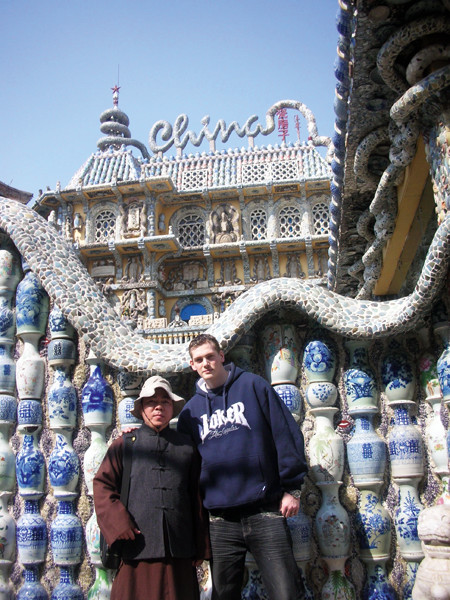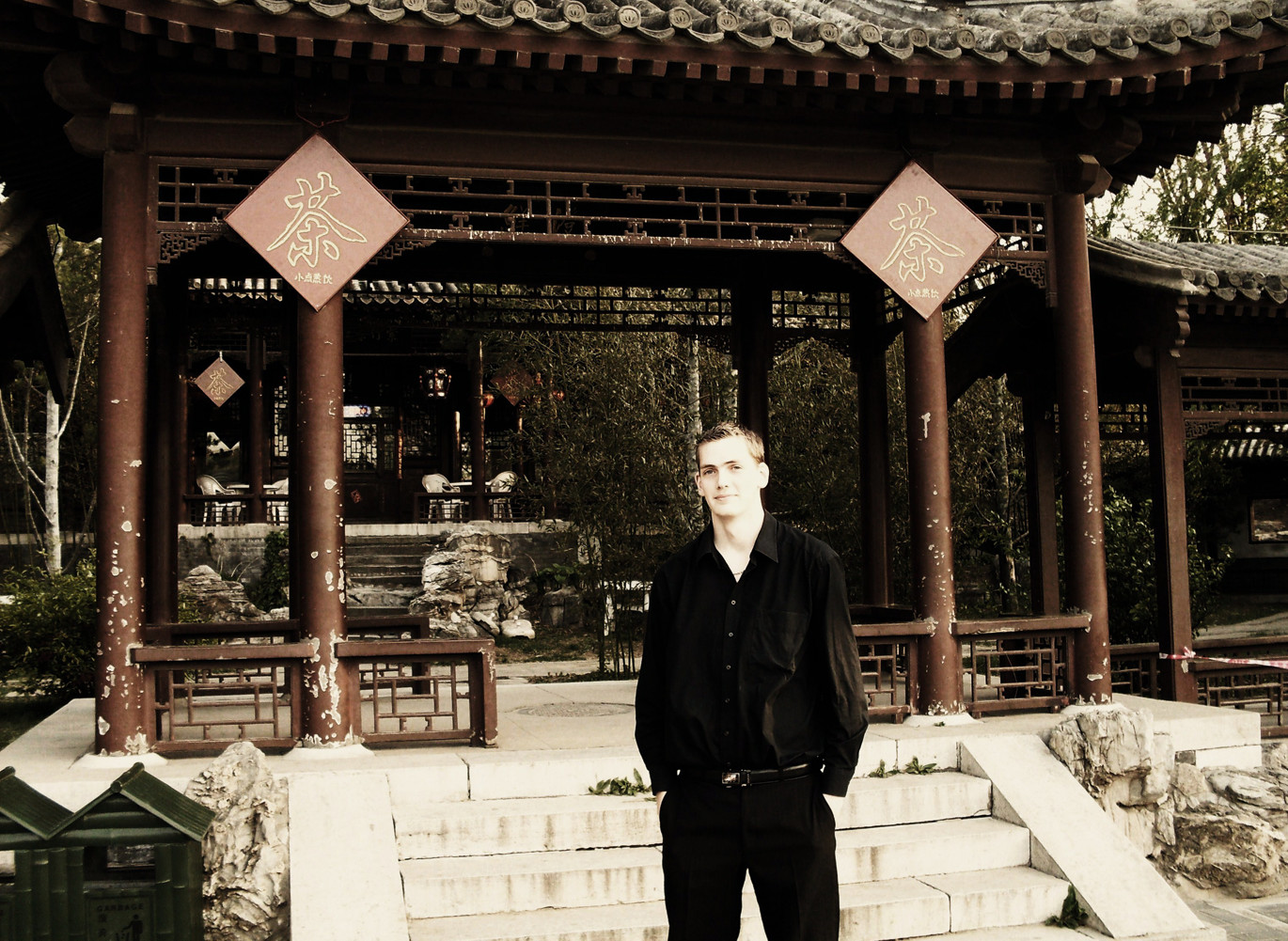A Short Story About My Life in China
Over the last few years, China always made headlines with its fast growing economy and its promising prospects of a bright future, quite the contrary to popularly held belief. When mentioning China, most people think about short people with straw hats working in rice fields or the friendly staff at the Chinese restaurant around the corner, always smiling and bowing. To be quite honest, I was thinking about China in exact the same way.
China always had something that fascinated me in some kind of way. I liked Kung-Fu Films from Bruce Lee (李小龙) and Jackie Chan (成龙), just like any other teenager. I used to watch lots of documentaries and read books about China and Chinese history. Early on I was wise to the fact that I had to see this country with my own eyes. My plan was to stay for one year. With the help of a Chinese exchange student who I met in Germany, I applied to the Nankai University (南开大学 Nánkāi Dàxué) in Tianjin (天津) to study Mandarin (普通话 Pǔtōnghuà) and Chinese culture. It ended up being three and a half years in total.
The first day of my arrival, I could put the stereotype of the ‘permanently smiling friendly little Chinese person’ behind me; the taxi drivers in Beijing (北京) can be very grumpy, which of course does not mean that they are unfriendly. My friend showed me around the city, a modern city, which can be easily compared with Amsterdam, Berlin or London; it was overwhelming and it was indeed an unforgettable impression to see the Forbidden City (故宫 Gùgōng), Tiananmen Square (天安门广场) and the Great Wall (长城 Chángchéng) for the first time. Beijing indeed is a good place for sightseeing. Beside the main attractions, there are plenty of places worth seeing, for example the ‘hutongs’ (胡同), which are historic old preserved houses or the night market (簋街 Guǐ Jiē) with piles of culinary food.
After trying to settle down a bit, I left Beijing one month after my arrival. I took the high-speed train to Tianjin which lies about 120 km (75 miles) from Beijing. It takes about 25 minutes. Tianjin is a nice city with ‘only’ 14 million inhabitants. A staff member of the university was already awaiting my arrival at the railway station in Tianjin. He took me to the university, gave me a tour through the campus and brought me to my dormitory. I was happy to see my new home and roommate: a Vietnamese monk.

I was excited: my new life had just started. During the first three weeks, I received one-to-one tuition so that the Chinese tutors could gain an insight into my qualifications. The teachers were really patient with me and took good care. In China, a teacher is still an eminently respectable person; students should always address them with teacher (老师 lăoshī). After learning the basics, I was allowed to join the regular class. My classmates were mostly Russian, Vietnamese and Korean.
Only a few weeks later I started to worry. Mandarin really is a difficult language, especially when it comes to the characters and the intonation. I was having a hard time memorizing them. No surprise: there are about 6000 characters that are needed for the daily use like reading a newspaper. Chinese pupils study a couple of hours every single day after school additionally so that they can keep up. Unfortunately that is the only way to learn them. Luckily, there is always someone who is around you in China and it is impossible to feel lonely. I made a lot of friends and my oral Chinese improved to my amazement really fast. It is a lot of fun to practice a language, particularly when it comes to misunderstandings because of the intonation. For example:
This is my mother.
(这是我的妈妈。Zhè shì wŏ de māma.)
Is this my horse?
(这是我的马吗? Zhè shì wŏ de mă ma?)
I tried to tell a friend who my mother was and pointed on a picture. Unluckily I used the wrong intonation and ended up with the following meaning: “Is this my horse?”

After a while, I felt more and more comfortable, even with the characters. I was now able to read the menu in restaurants and finally knew what they dished up. One of the things that I like in China is that there is always a reason to have dinner together. The Chinese love getting together and they place great value on sociability, which was a good opportunity for me to learn. As time passed, the language came easier to me than it did at the beginning. I overcame the cultural shock and I felt more and more integrated because I could now communicate with people.
As a foreigner in China, you can have a hard time if you do not understand Chinese customs and traditions. Some people may find it disturbing to get stared at, but a foreigner in some areas of China still is something quite special. It is idle curiosity and the Chinese mean no offence. Once you speak the language, try to adapt to the culture, and adopt its habits, you will be accepted more and more and may fall in love with this country.
China is a country full of contrasts. On the one hand, you can find a few of the most developed cities in the world; and, on the other hand, a traditional China with its temples and traditions as well as stunningly beautiful environments. I do not regret a single day of my decision. Before I came to China I had this special picture of China as many people have it. After the three years among the people, I now have a completely different point of view. Yet, you need to witness it yourself to believe it.
By Bjoern Peters

 Share on Facebook
Share on Facebook Share on Twitter
Share on Twitter Share on LinkedIn
Share on LinkedIn